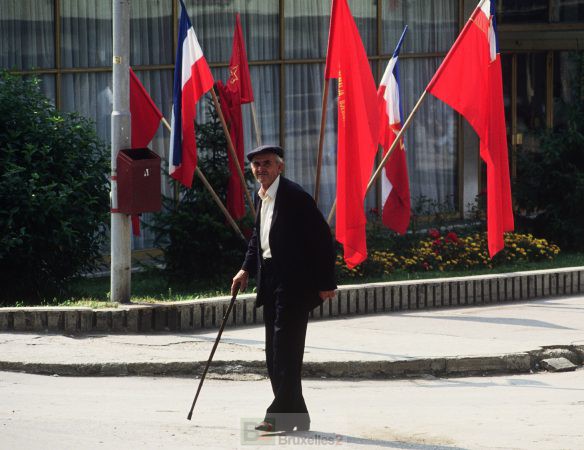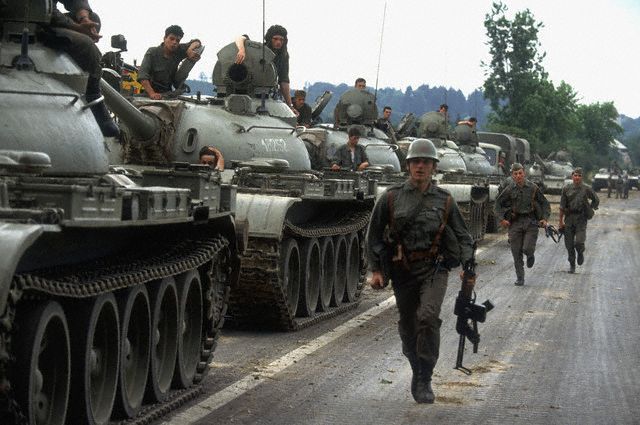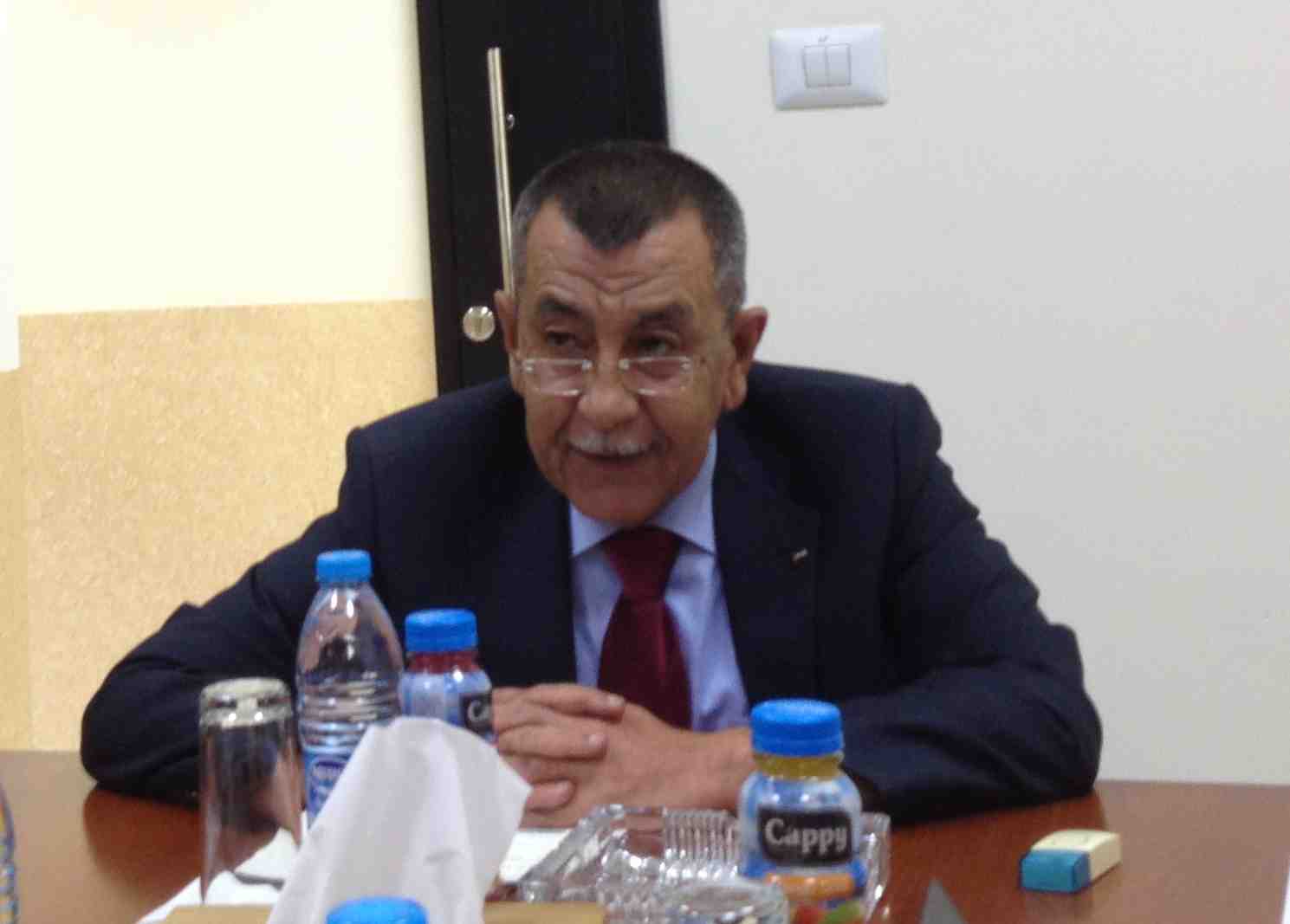[Yugoslavia Memory of a disaster] 1990-2008 The idea of a story

(BRUXELLES2) The idea of such a story came from the first upheavals in Yugoslavia, in 1990-1991. When I witnessed, like an attentive spectator, but all in all a passive spectator, not only the collapse of a regime and a State but also the return of the unspeakable, of barbarism, based on the worst idea : that of an ethnically pure country.
We had left, in this month of August 1990, - with two other colleagues - for a "study" vacation in this country, so close, but where strange noises of boots were already occurring. Our three-week tour took us from Ljubljana to Belgrade, via Sarajevo, the sanjak (Novi Pazar), Pristina. On our return from the trip, we were convinced that there was a lot to tell. And made the rounds of the newsrooms in Paris. But... Saddam Hussein had just invaded Kuwait and, in reaction, the United States helping the Arab monarchies (or the opposite) had started the (first) Gulf War with their Western allies. And, as much to say that we were "a little declared". One of our interlocutors had the foresight - cynicism or frankness (it depends) - to tell us "very interesting, ... but hey... Come back to see us. When there are deaths"...
One year later, there were beginning to be deaths. I was following the subject "Eastern Europe - USSR" for La Truffe, a short-lived French daily. It must be said that Yugoslavia, where everyone took part, for the besieged Croats, for the liberated Slovenes, the imprisoned Kosovars or the minority Serbs seemed incomprehensible to our Western eyes... much more captivated by the "coup d' State" in the USSR which put an end to the Gorbachev experiment (read on this subject what Gorbachev of the Nation State)... And yet, already present, came questions: was Europe responsible? What is she guilty of? Nagging questions to which I have so far not found an answer. Because, like many, at the time, I let it happen... if not write a few articles.
Today, the years have passed. Time is up. Many books have been written on the Balkans. I have read a few. Some identify the responsibilities of the UN. The others bear witness to the difficult conditions for surviving in these times. The latest highlight the demonic Serbian part in this collective shipwreck. Few have been interested in Europe's role, except to say that it has no weight. This assertion deserves to be qualified.
The subject of this story (summer) is therefore to highlight the context of the time and to gather as many testimonies as possible from the various European actors (political leaders, diplomats, soldiers, etc.) on their vision of the time. How could we let such a situation slip away? How, when Europe was indeed a "dwarf" on the international scene, did it intervene? ...
Few years later,
the time for witnessing and taking responsibility seems to have come.
(NGV)
This story is made up of three parts: short analyses, of the different Yugoslav periods; the words of certain actors of the moment;
Lire aussi
Analysis
1914-1990 A land with a turbulent history
1990, Vaclav Havel: the journey of “collective hatred” (Quote)
1990-1999: Europe responsible, incapable or ignorant
2000-2010: managerial, stabilizing, unifying Europe?
1990s ex-Yugoslavia, Europe's ten missteps?
The military option at the start of the Yugoslav conflict
The first "deaths on mission" of the EU, it was 20 years ago
Srebrenica, When Europe fails in its duty...
Interviews (2008-2010)
Alain Lamassoure (Fr): French diplomacy was nil
Doris Pack (Ger.): no one seriously believed in war
Michel Rocard (Fr): the European problem, the disagreement...
Hannes Swoboda (Aut.): a possible preventive strategy
Alojze Peterle (Slo):
Jacques Poos (Lux):
Paul Garde: Yugoslavia 1990, a somewhat muddled Europe
Olli Rehn: We learned a lot from the failure of the 1990s in the Balkans
Articles (1990)
1991, friendly diplomats in the Yugoslav trenches
1991, ordinary Yugoslav divorce scene at the Council of Europe
1991. On Yugoslavia, the mentors have nothing to say.
1991. When the Bosnian Sandzak proclaims itself autonomous
1991, The Yugoslav army, really powerful?
1991, the Yugoslav army attacks Dubrovnik
1991, the dispersed recognition of the former countries of Yugoslavia
Documents
Peace agreement in Bosnia and Herzegovina (Dayton-Paris 21 Nov 1995)

